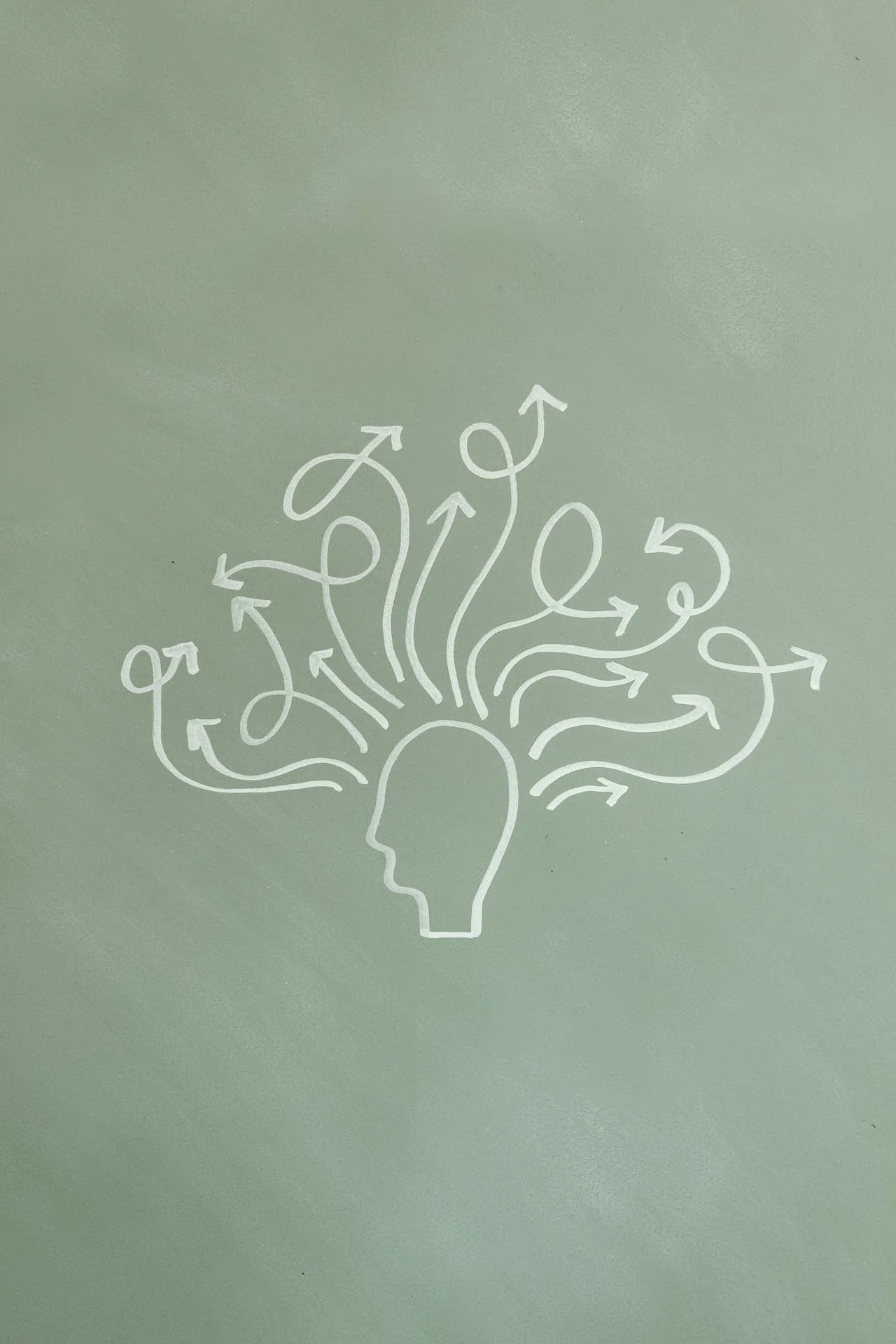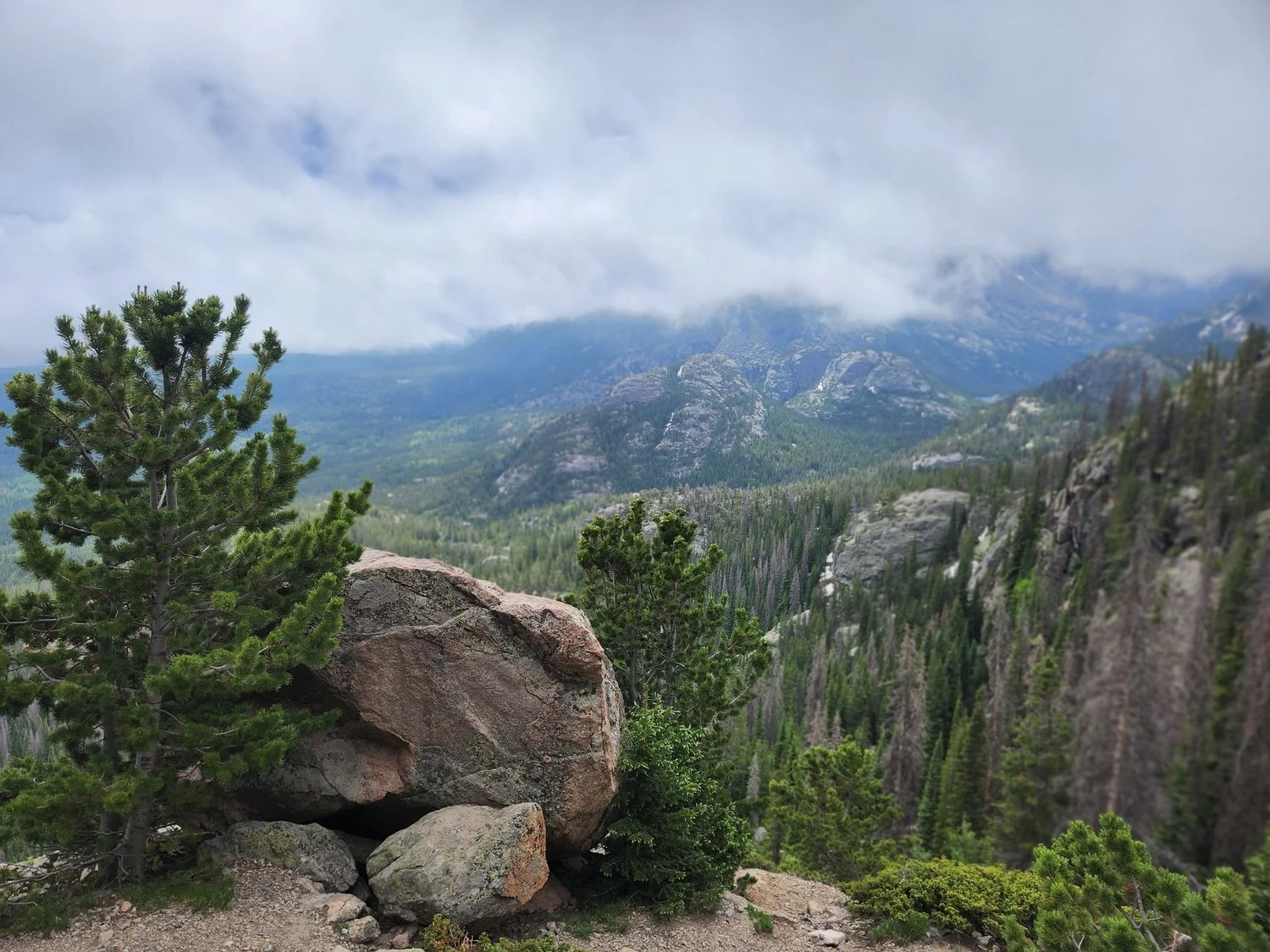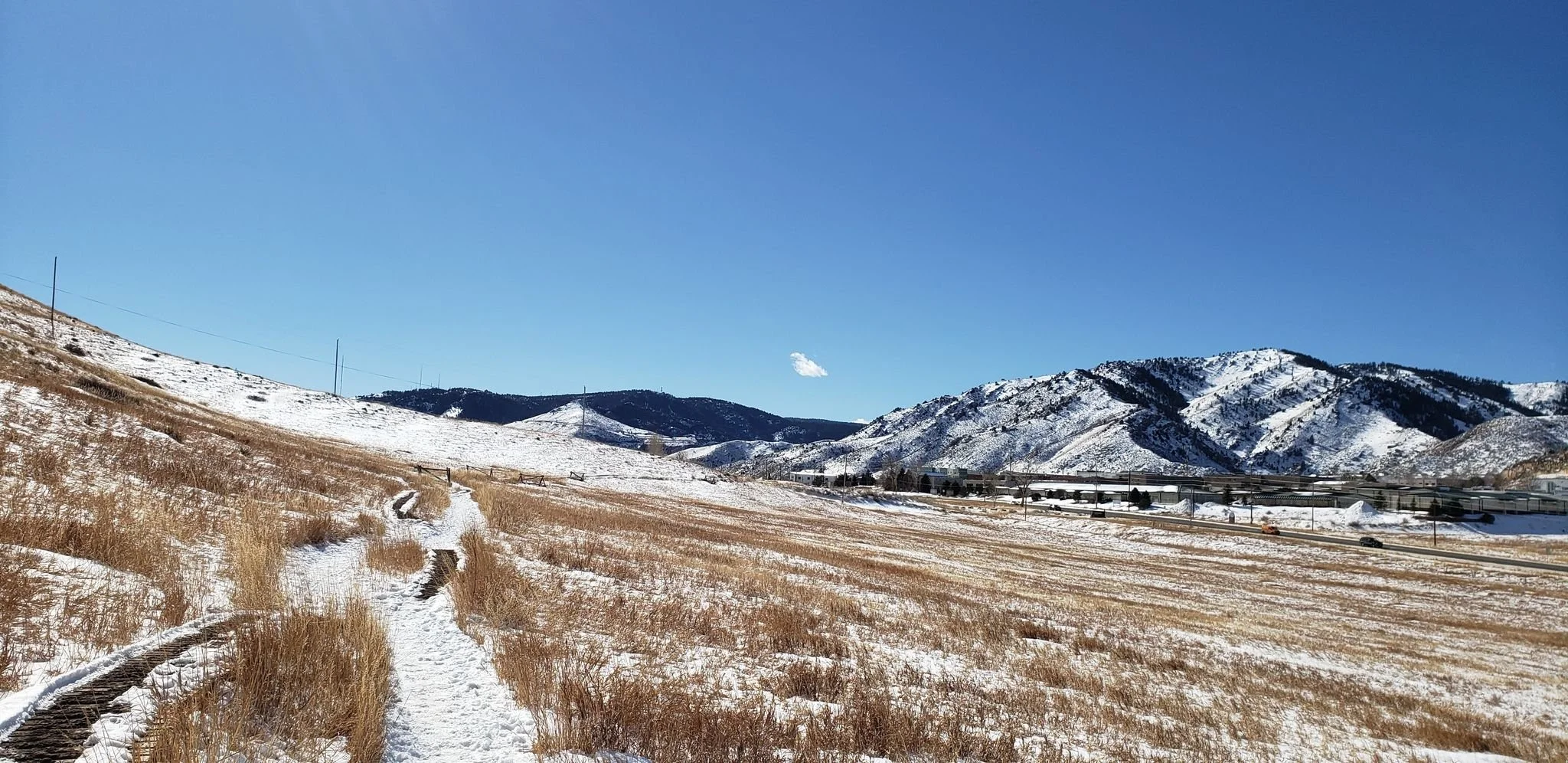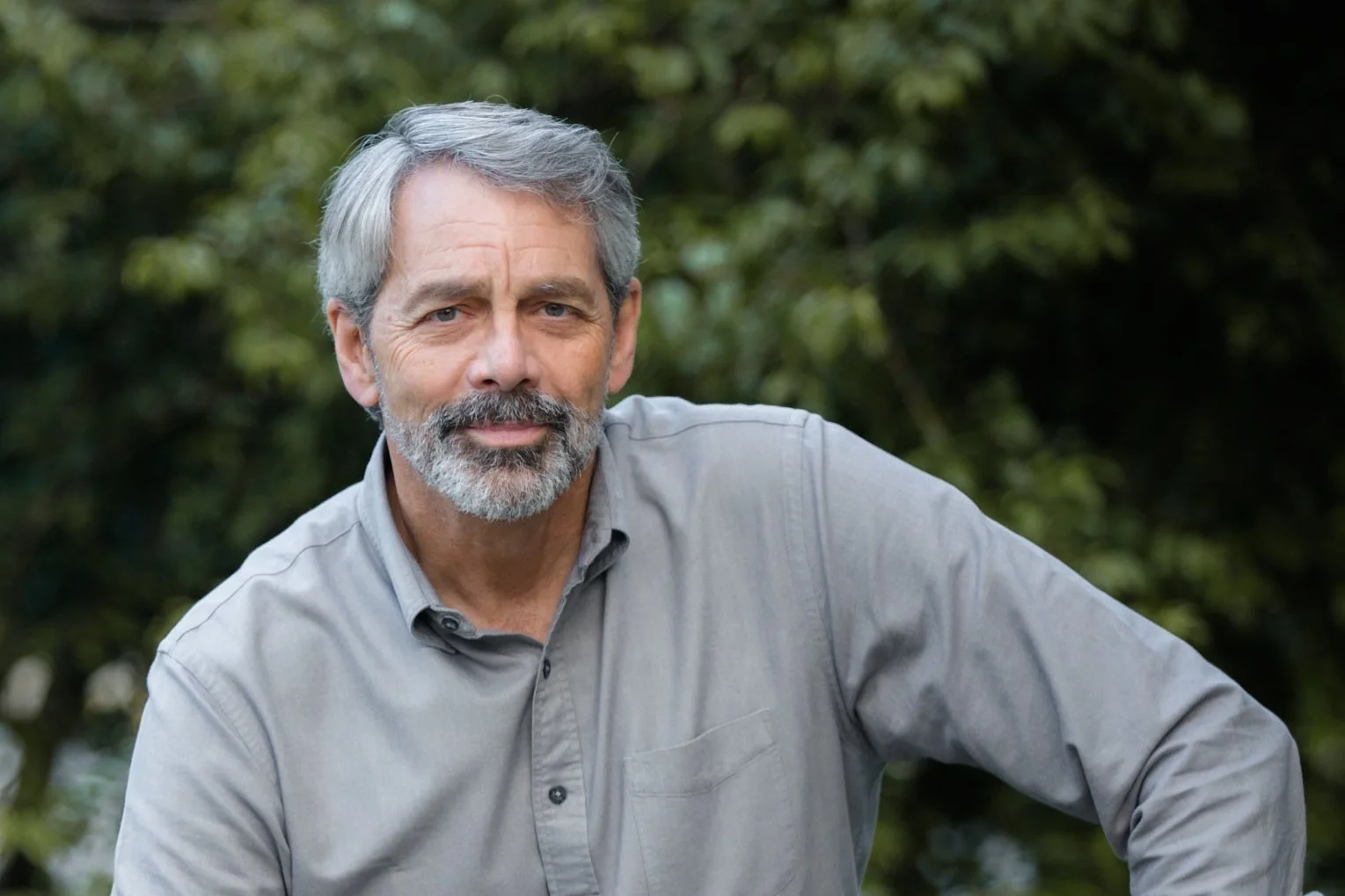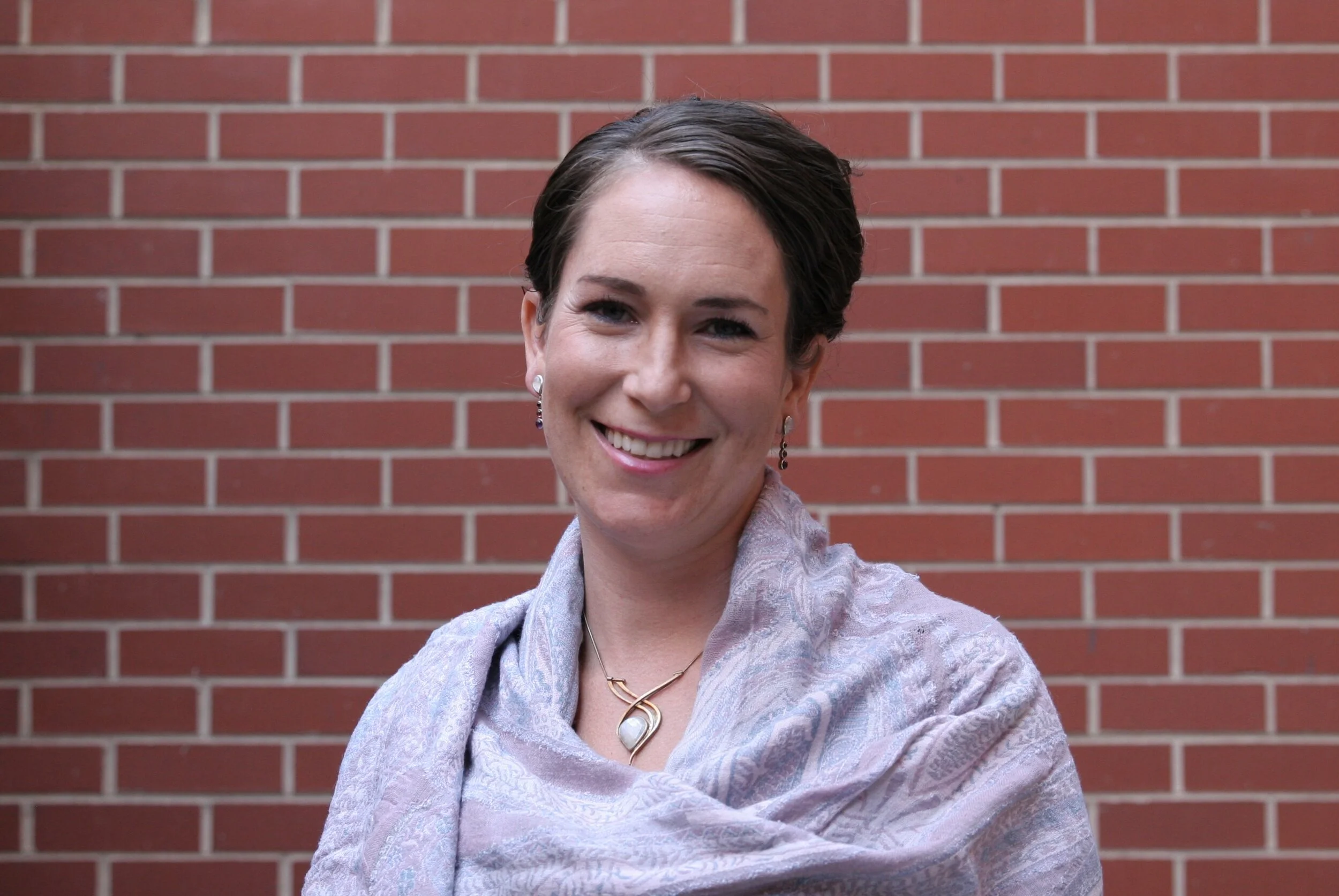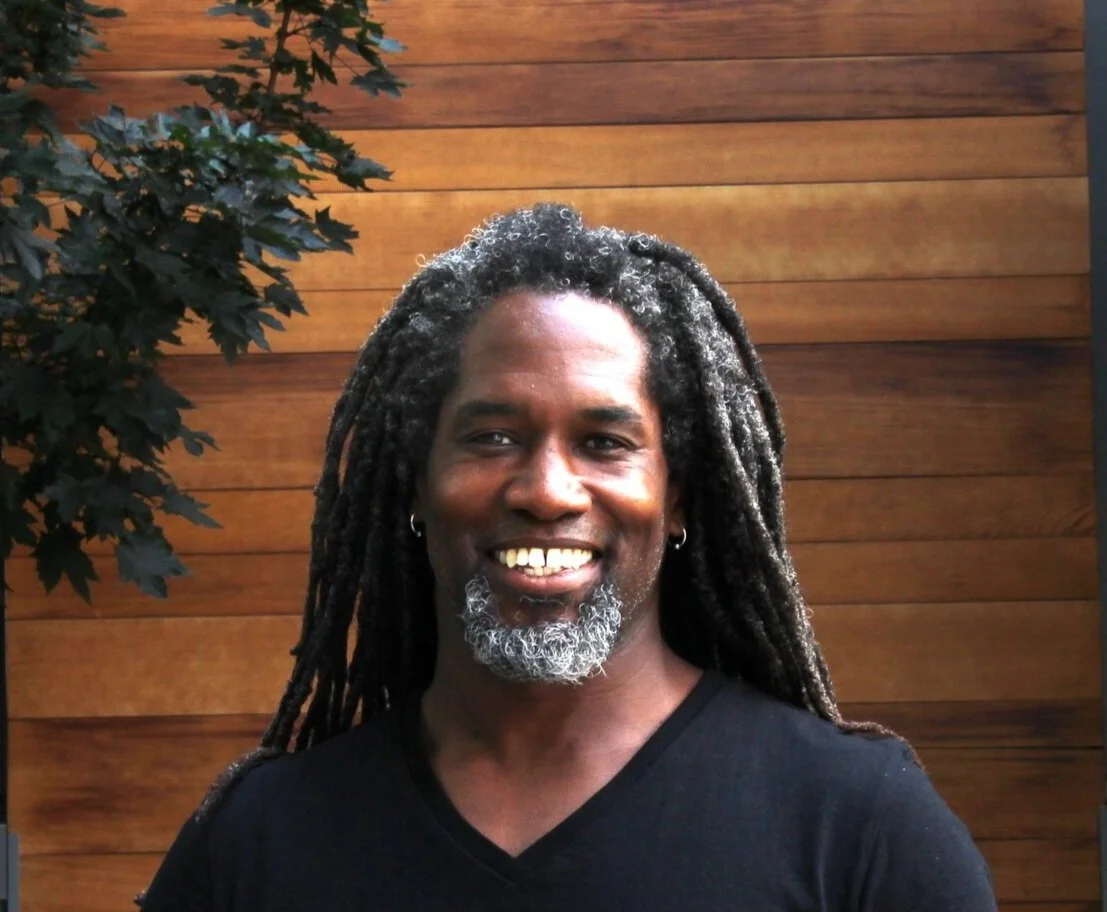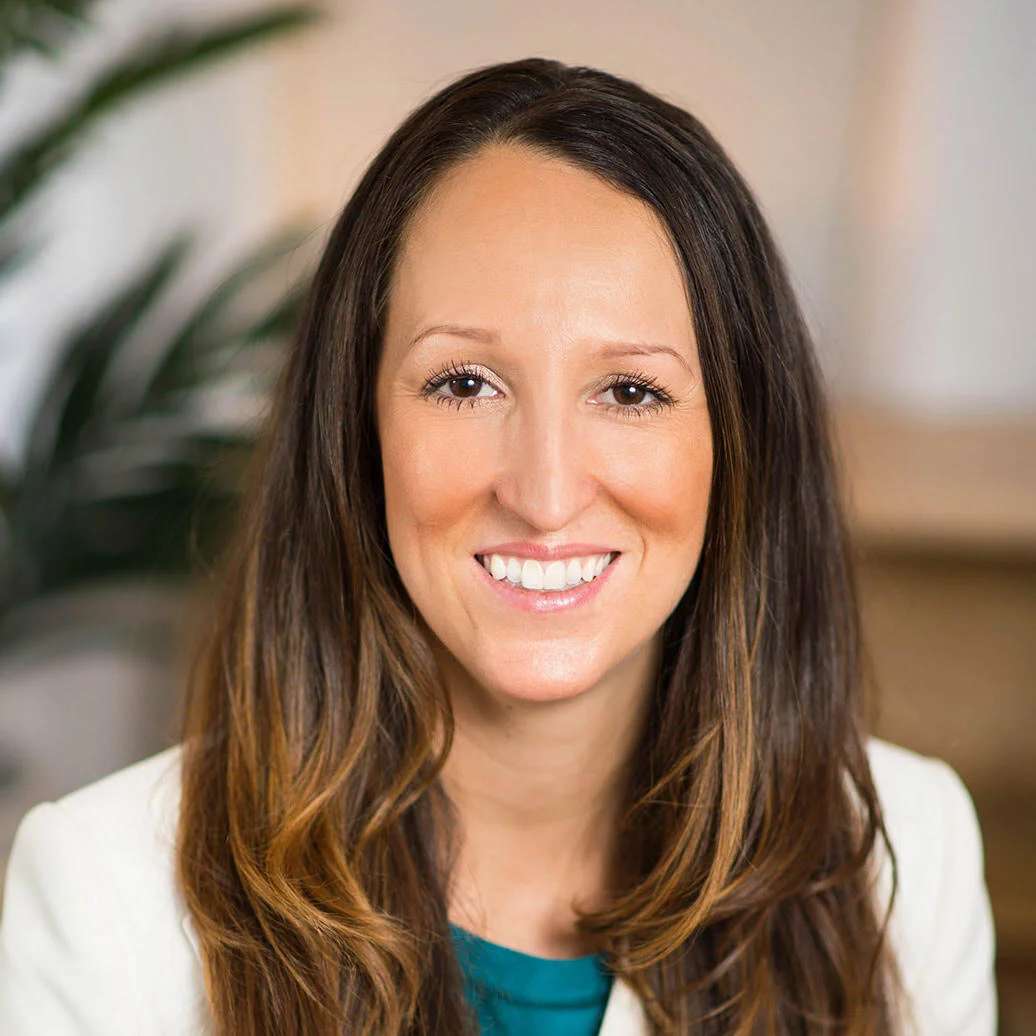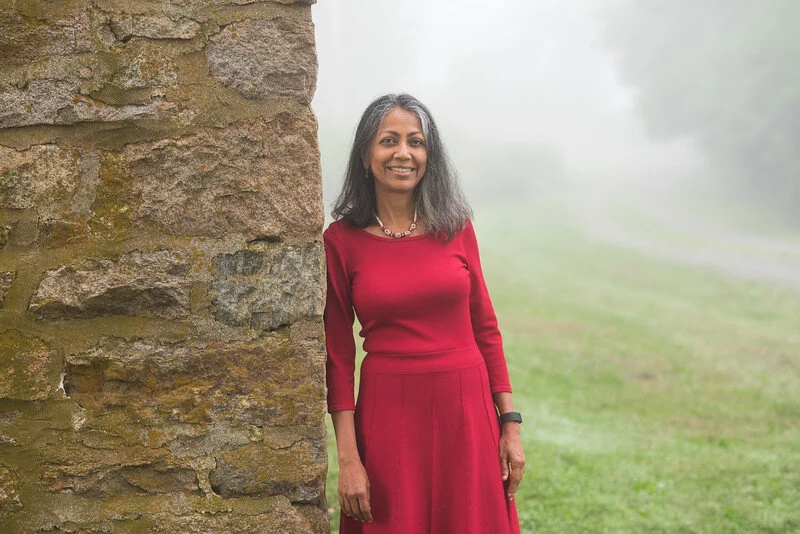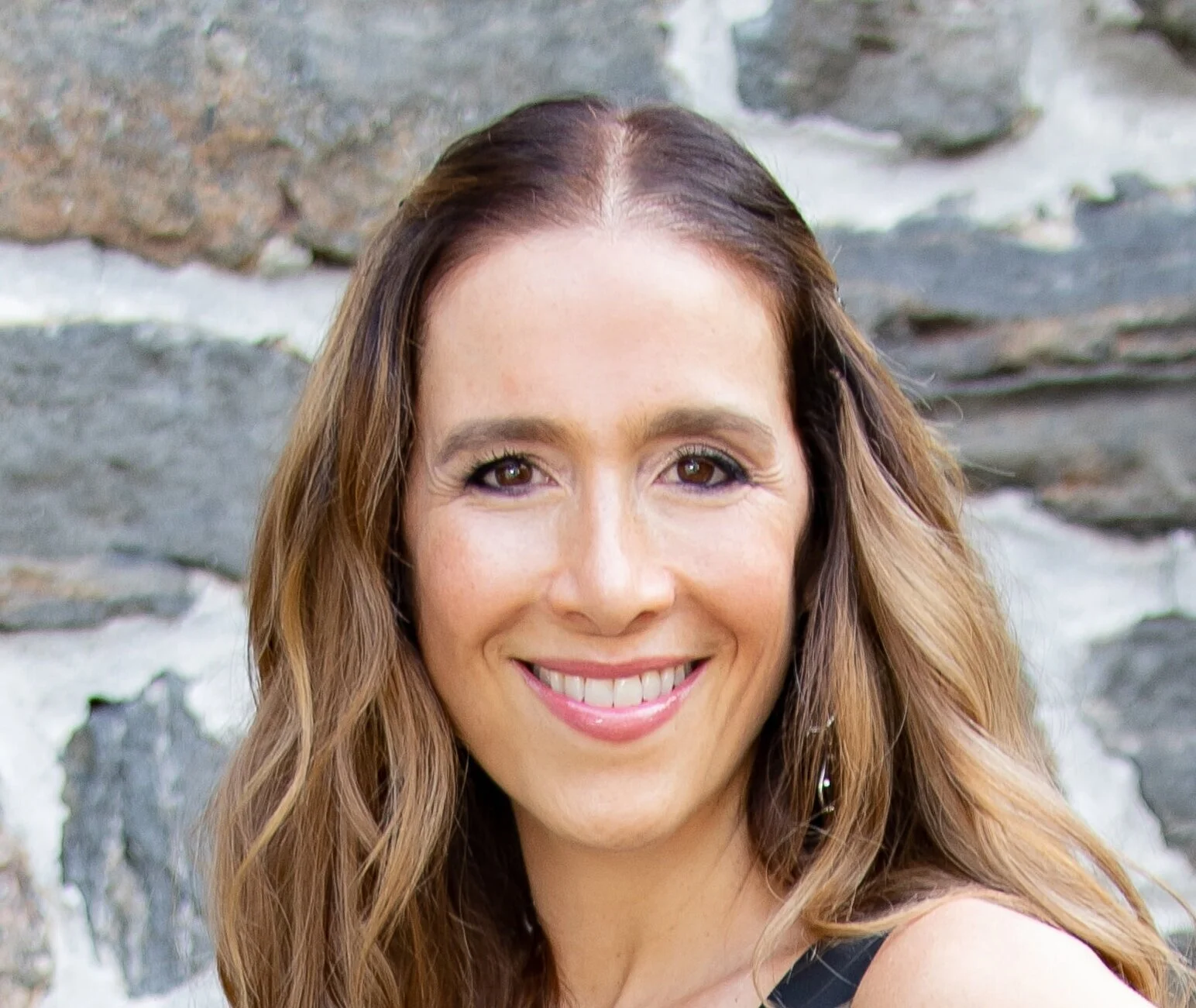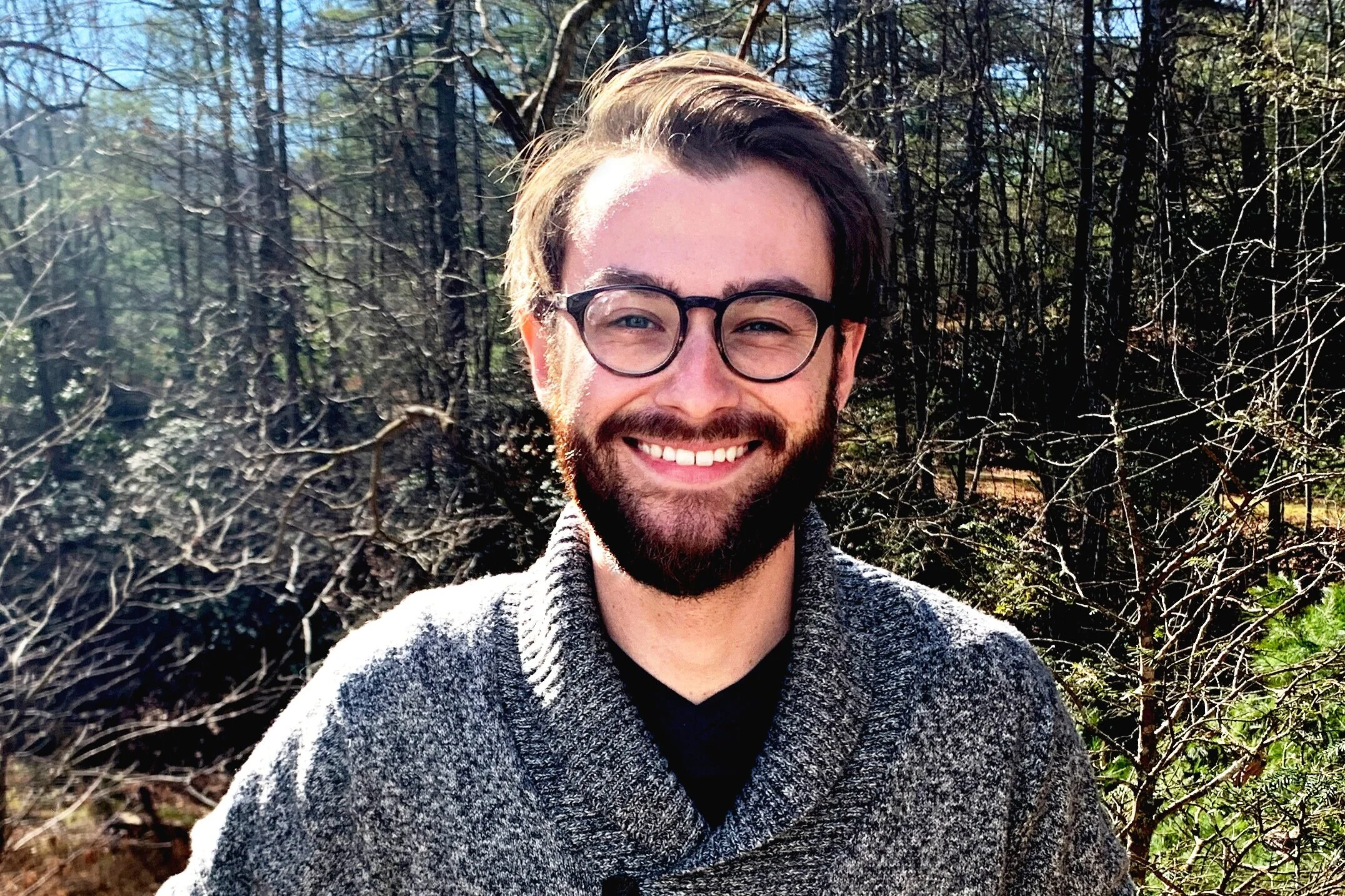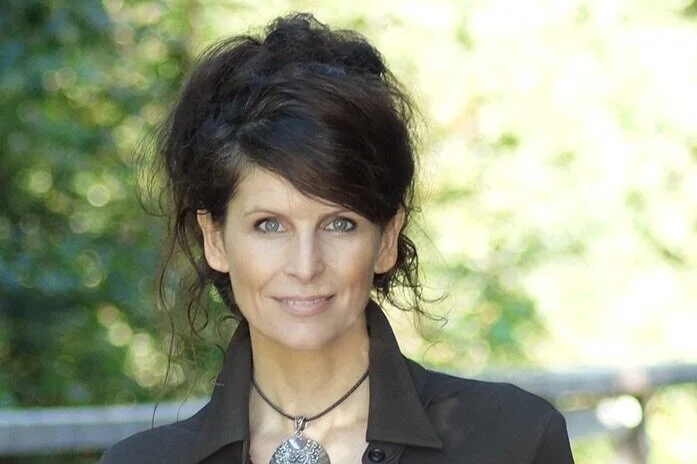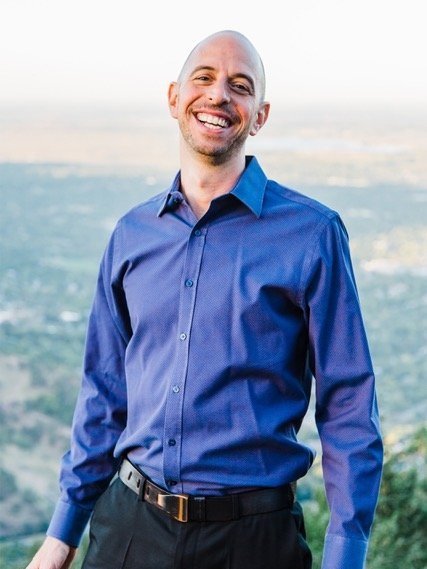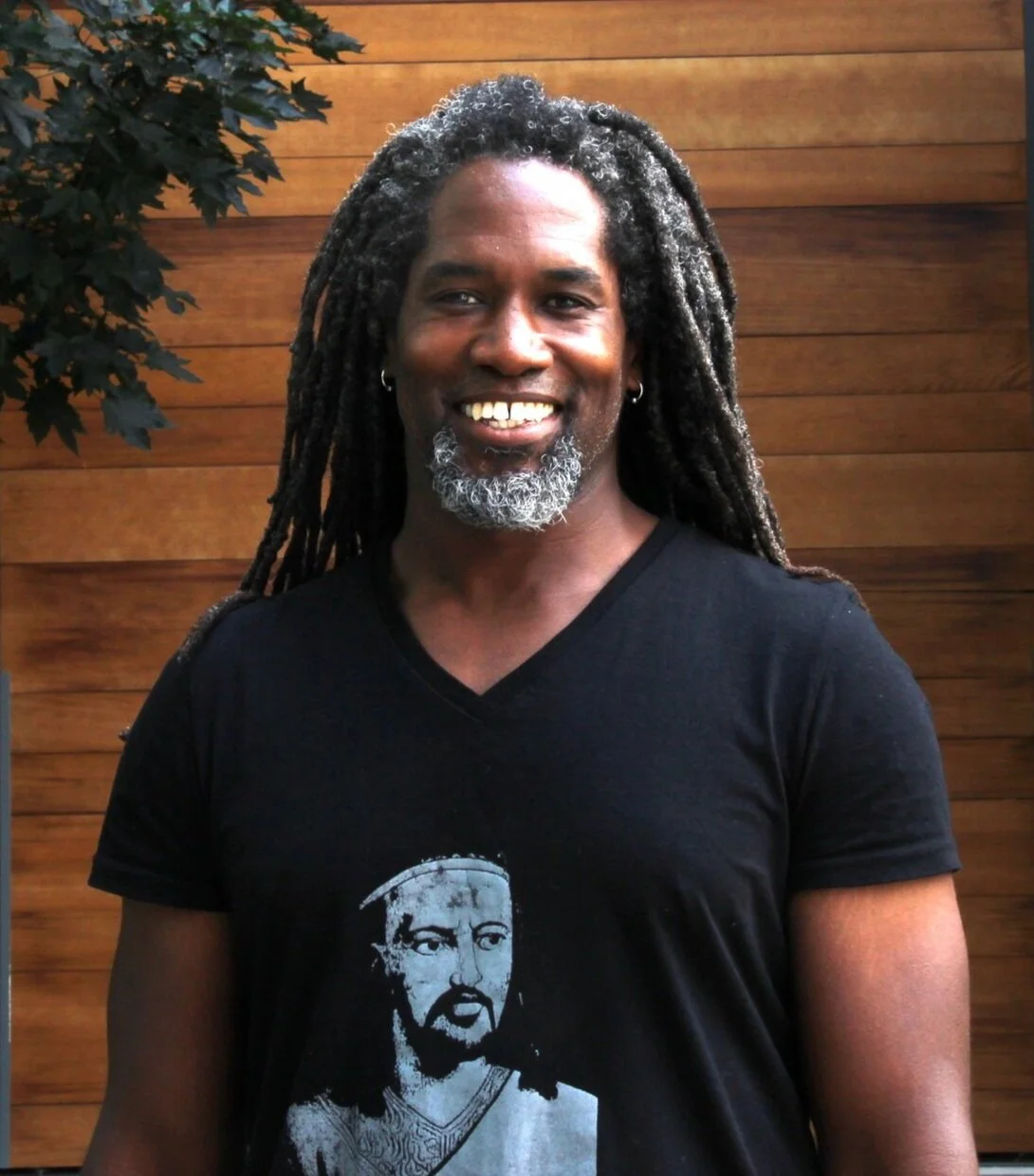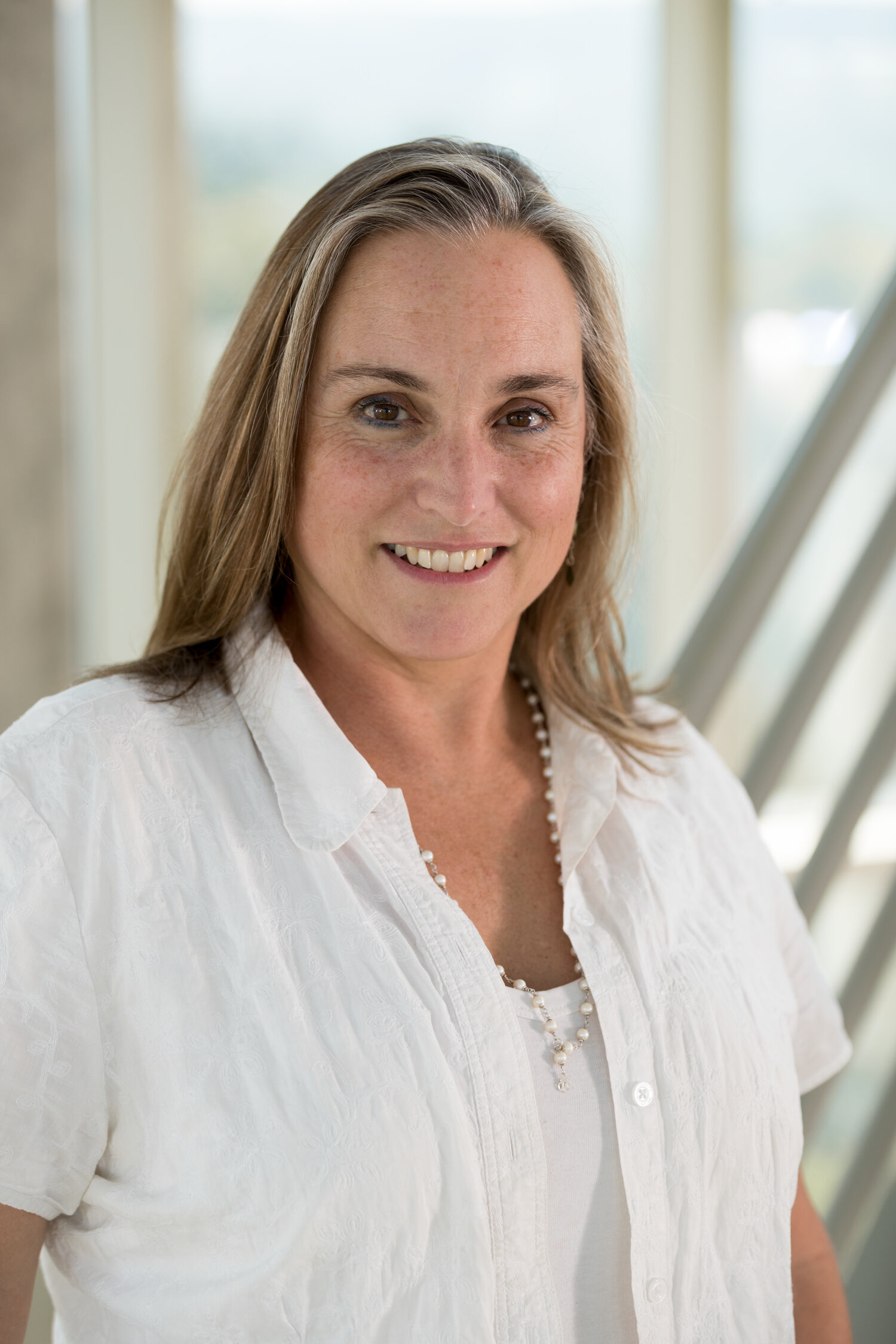#35 - Designing Your New Work Life | Dave Evans
Welcome to “The Elements of Being” podcast, where I dissect and explore the minds and habits of psychologists, filmmakers, writers, and industry icons. Essentially, we examine the mental and emotional narratives and processes that steer the social stream of consciousness….Truly a chance to geek out over the psychology behind human behavior. Each episode is a glimpse into the trends and patterns of human behavior and the underlying influences that navigate us into different directions. Whether we primarily focus on nutrition or the unconscious, guests share insights, thought-provoking lessons, the nuances of creativity, and the elements of being….us.
Today, I'd like to introduce you to Dave Evans, the Codirector of the Stanford Life Design Lab and a co-founder of Electronic Arts, one of the world's largest interactive entertainment companies. He also led the design of Apple's first mouse and laser printer and has a BS and MS in Mechanical Engineering from Stanford.
Recently, Dave and his colleague, Bill Burnett, coauthored the #1 New York Times bestseller Designing Your New Work Life....and it served as the foundation of our conversation. It's a job-changing, outlook-changing, life-changing book that shows us how to transform our new uncharted work lives and create a meaningful dream job. With new insights on making our way through disruption- large and small, personal or global-the book helps us navigate during these times of fear and anxiety about the unknown and through our post-COVID work lives and beyond.
Specifically, we discuss their Disruption Design with a focus on curiosity, reframing, radical collaboration, awareness, bias to action, and storytelling. We also learn how to make possibilities available even when our lives have been disrupted, examine the tools to enjoy the moment, and begin to prototype our future.
___________________________
To learn more about Dave Evans and his new book, visit https://designingyour.life.
In this episode, we specifically discussed:
-How to redesign our professional lives with unknown disruptions in mind when we've already invested in a specific path.
-How to break the chain of working endlessly without satisfaction and "doing whatever it takes" modeled by our parents and society.
-How to approach the dilemma of serving life of purpose for less pay or settling for a higher wage at a less satisfying job.
-Design thinking and the benefit of applying this mode of thinking to our professional lives.
-The importance of curiosity in our professional lives.
-Prototyping new positions and experiences while serving a current position.
-How we can reframe our current position to change our work experience or career trajectory.
-A distinction between reframing and renaming our work experiences.
-The benefits of radical collaboration.
-The foundation of great storytelling.
-The best exit strategies.
